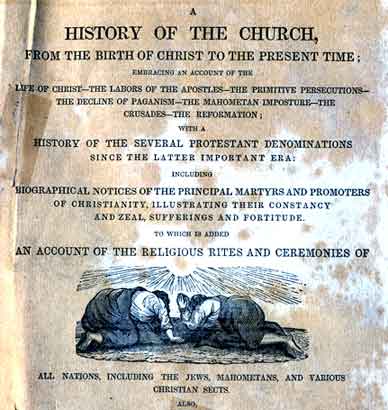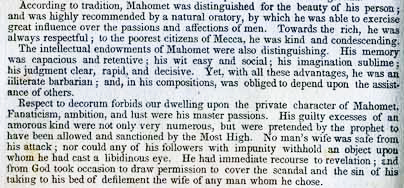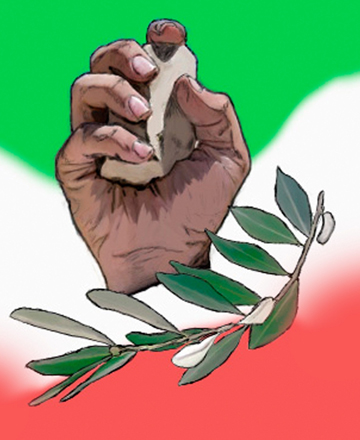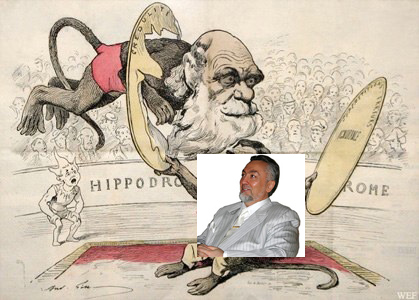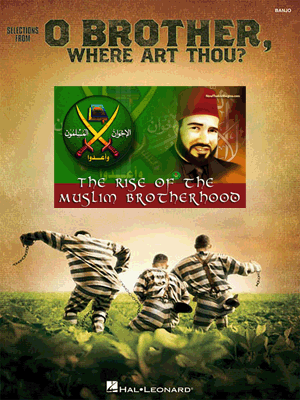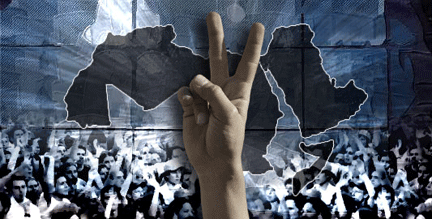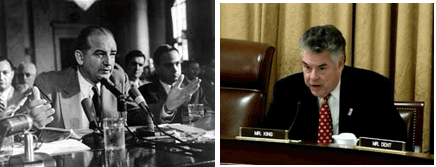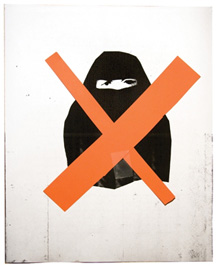
Illustration by James Victore
By Robert Steinback, Southern Poverty Law Center, Intelligence Report, Summer 2011, Issue Number: 142
The apparent recent surge in popular anti-Muslim sentiment in the United States has been driven by a surprisingly small and, for the most part, closely knit cadre of activists. Their influence extends far beyond their limited numbers, in part because of an amenable legion of right-wing media personalities — and lately, politicians like U.S. Rep. Peter King (R-N.Y.), who held controversial hearings into the radicalization of American Muslims this March —who are eager to promote them as impartial experts or grassroots leaders. Yet a close look at their rhetoric reveals how doggedly this group works to provoke and guide populist anger over what is seen as the threat posed by the 0.6% of Americans who are Muslim — an agenda that goes beyond reasonable concern about terrorism into the realm of demonization.
Of the 10 people profiled below, all but Bill French, Terry Jones and Debbie Schlussel regularly interact with others on the list. Most were selected for profiling primarily because of their association with activist organizations. People who only run websites or do commentary were omitted, with two exceptions: Schlussel, because she has influence as a frequent television talk-show guest, and John Joseph Jay, because he is on the board of Pamela Geller’s Stop Islamization of America group. Three other activists, Steve Emerson, Daniel Pipes and Frank Gaffney, have interacted with many of the core group as well and also have offended many Muslims, but they are somewhat more moderate in their views of Muslims than those who are profiled below.
For the description of the ten people, click here.

